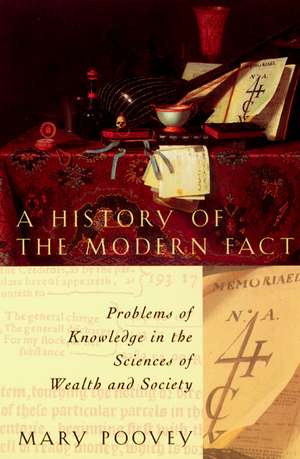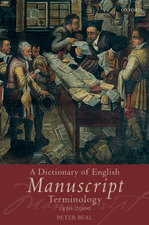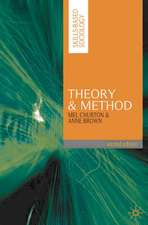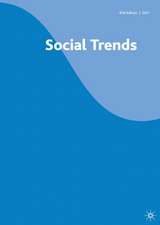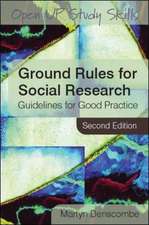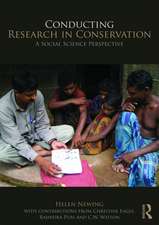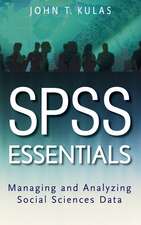A History of the Modern Fact: Problems of Knowledge in the Sciences of Wealth and Society
Autor Mary Pooveyen Limba Engleză Paperback – noi 1998
How did the fact become modernity's most favored unit of knowledge? How did description come to seem separable from theory in the precursors of economics and the social sciences?
Mary Poovey explores these questions in A History of the Modern Fact, ranging across an astonishing array of texts and ideas from the publication of the first British manual on double-entry bookkeeping in 1588 to the institutionalization of statistics in the 1830s. She shows how the production of systematic knowledge from descriptions of observed particulars influenced government, how numerical representation became the privileged vehicle for generating useful facts, and how belief—whether figured as credit, credibility, or credulity—remained essential to the production of knowledge.
Illuminating the epistemological conditions that have made modern social and economic knowledge possible, A History of the Modern Fact provides important contributions to the history of political thought, economics, science, and philosophy, as well as to literary and cultural criticism.
Mary Poovey explores these questions in A History of the Modern Fact, ranging across an astonishing array of texts and ideas from the publication of the first British manual on double-entry bookkeeping in 1588 to the institutionalization of statistics in the 1830s. She shows how the production of systematic knowledge from descriptions of observed particulars influenced government, how numerical representation became the privileged vehicle for generating useful facts, and how belief—whether figured as credit, credibility, or credulity—remained essential to the production of knowledge.
Illuminating the epistemological conditions that have made modern social and economic knowledge possible, A History of the Modern Fact provides important contributions to the history of political thought, economics, science, and philosophy, as well as to literary and cultural criticism.
| Toate formatele și edițiile | Preț | Express |
|---|---|---|
| Paperback (1) | 392.99 lei 6-8 săpt. | |
| University of Chicago Press – noi 1998 | 392.99 lei 6-8 săpt. | |
| Hardback (1) | 489.00 lei 6-8 săpt. | |
| University of Chicago Press – dec 1998 | 489.00 lei 6-8 săpt. |
Preț: 392.99 lei
Nou
Puncte Express: 589
Preț estimativ în valută:
75.21€ • 77.69$ • 62.59£
75.21€ • 77.69$ • 62.59£
Carte tipărită la comandă
Livrare economică 25 martie-08 aprilie
Preluare comenzi: 021 569.72.76
Specificații
ISBN-13: 9780226675268
ISBN-10: 0226675262
Pagini: 436
Ilustrații: 10 halftones
Dimensiuni: 152 x 229 x 30 mm
Greutate: 0.62 kg
Ediția:1
Editura: University of Chicago Press
Colecția University of Chicago Press
ISBN-10: 0226675262
Pagini: 436
Ilustrații: 10 halftones
Dimensiuni: 152 x 229 x 30 mm
Greutate: 0.62 kg
Ediția:1
Editura: University of Chicago Press
Colecția University of Chicago Press
Cuprins
Acknowledgments
Introduction
1: The Modern Fact, the Problem of Induction, and Questions of Method
2: Accommodating Merchants: Double-Entry Bookkeeping, Mercantile Expertise, and the Effect of Accuracy
3: The Political Anatomy of the Economy: English Science and Irish Land
4: Experimental Moral Philosophy and the Problems of Liberal Governmentality
5: From Conjectural History to Political Economy
6: Reconfiguring Facts and Theory: Vestiges of Providentialism in the New Science of Wealth
7: Figures of Arithmetic, Figures of Speech: The Problem of Induction in the 1830s
Notes
Bibliography
Index
Introduction
1: The Modern Fact, the Problem of Induction, and Questions of Method
2: Accommodating Merchants: Double-Entry Bookkeeping, Mercantile Expertise, and the Effect of Accuracy
3: The Political Anatomy of the Economy: English Science and Irish Land
4: Experimental Moral Philosophy and the Problems of Liberal Governmentality
5: From Conjectural History to Political Economy
6: Reconfiguring Facts and Theory: Vestiges of Providentialism in the New Science of Wealth
7: Figures of Arithmetic, Figures of Speech: The Problem of Induction in the 1830s
Notes
Bibliography
Index
